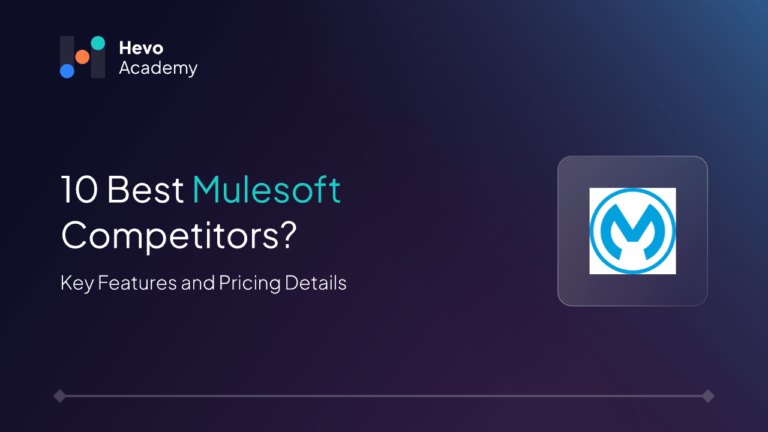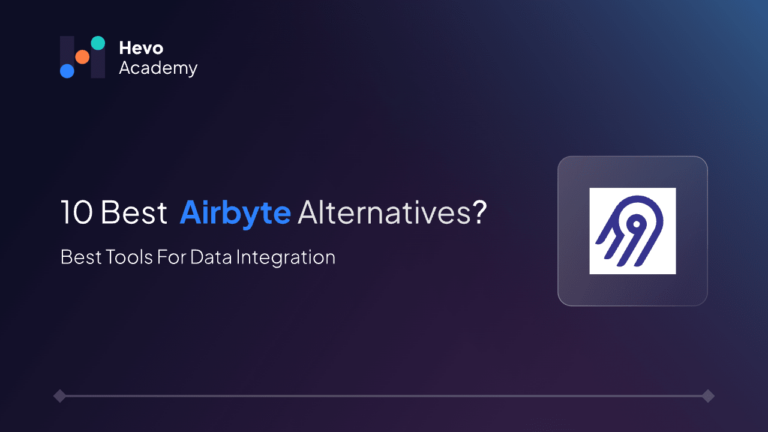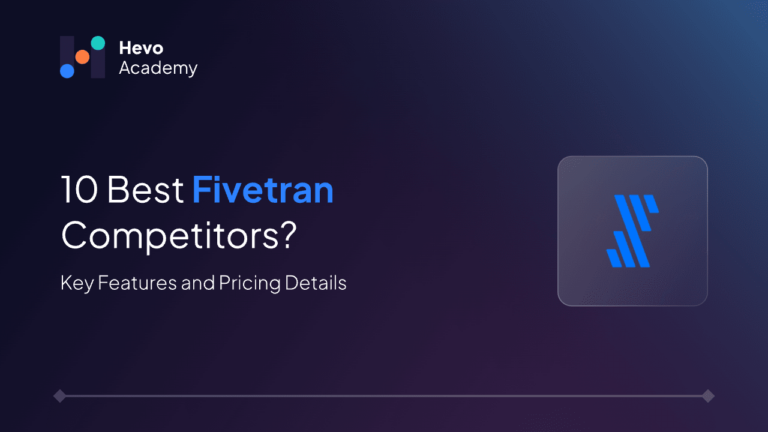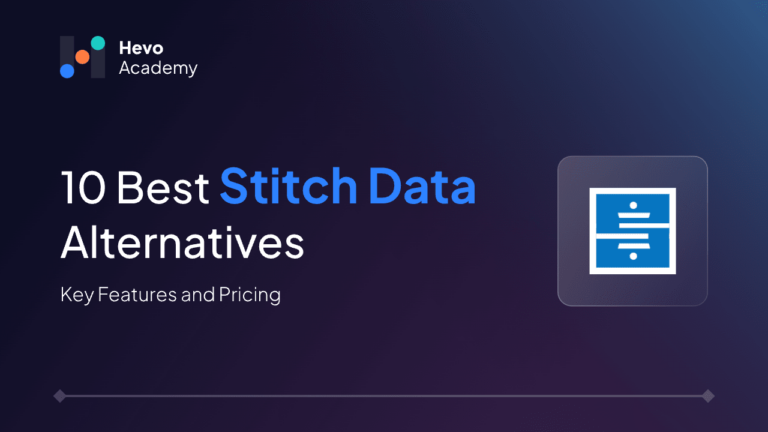Integrating systems and data effectively is key for businesses to thrive in a competitive market. MuleSoft has become a name among the leaders in this field, providing a comprehensive platform for API management and connectivity. However, no solution can be standardized because factors comprise cost, complexity, and special business needs that make companies find alternatives.
Table of Contents
The integration market in 2025 is rich with powerful competitors, each offering unique capabilities to address a range of integration challenges. In this blog, we’ll explore the top 10 MuleSoft Competitors, highlighting their key features and strengths along with their pricing details to help you find the right fit for your organization’s integration needs.
What is Mulesoft?
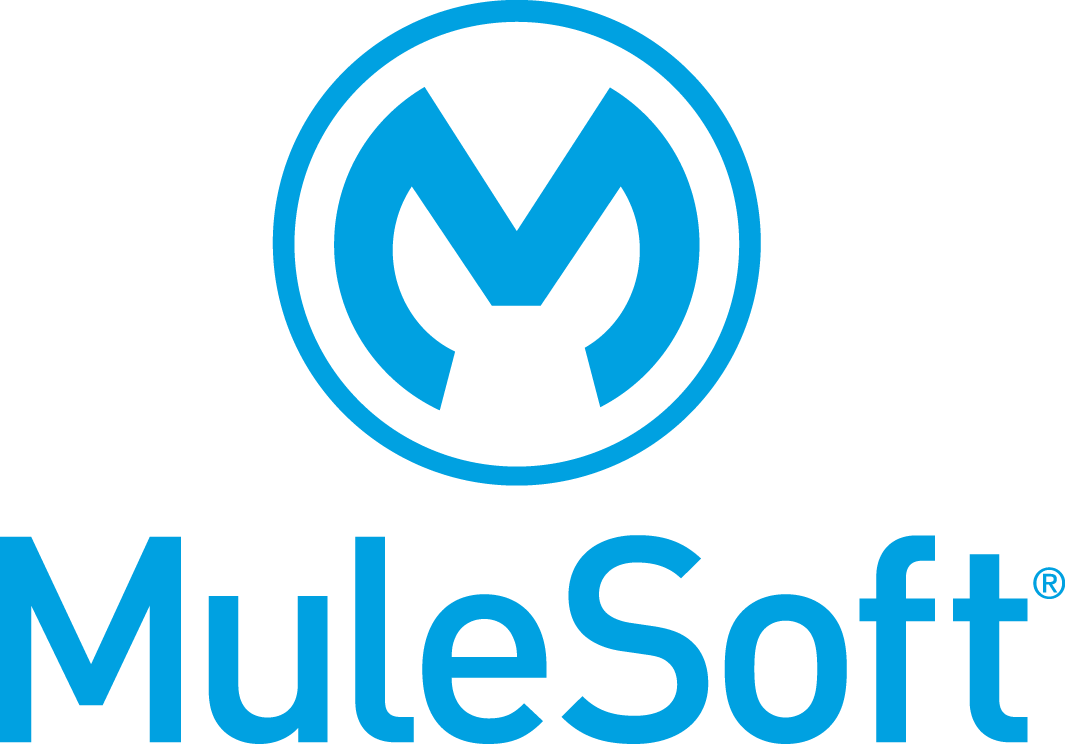
MuleSoft is an integration platform that allows businesses to easily integrate their applications, data, and devices across different environments. It has powerful tools for the management of APIs as well as the integration of data to automate workflows and ensure seamless communication between disparate systems. The analytics and monitoring tools provided also enable businesses to track performance and security across all integrations so that the teams can move toward data-driven decisions and optimize their operations.
Key Features of Mulesoft:
- API Management: MuleSoft provides toolsets for design, deployment, and management of APIs in order to produce secure and efficient communication between applications.
- Data Integration: It enables seamless data integration across multiple systems, simplifying data sharing and synchronization.
- Automation: MuleSoft automates workflows and processes, helping businesses to minimize manual effort and maximize their productivity.
Top 10 Mulesoft Competitors & Alternatives
1. Hevo

Hevo offers a highly intuitive, no-code data integration platform that not only makes data ingestion easier but also provides robust real-time data sync and advanced transformation capabilities. Unlike Fivetran, Hevo is the most flexible when it comes to pricing and customization; hence, it is great for businesses looking for an adaptive solution to meet specific needs in their data pipeline as it supports 150+ ready-to-use integrations across databases, SaaS Applications, cloud storage, SDKs, and streaming services.
Key Features:
- Automatic Data Quality Checks: This is automatically done by Hevo so that users can trust the data entering analytics and reports.
- Custom SQL Transformations: Hevo allows users to run custom SQL transformations for complex data processing, which adds a degree of flexibility to the process of data transformation.
- Data Pipeline Monitoring: Real-time monitoring and dashboards provide visibility into pipeline performance. One can quickly diagnose pipeline issues and make adjustments accordingly.
Pricing
Hevo’s pricing model is flexible, and user based that fits businesses of all sizes.
- Free Plan: It is for small teams and minimal data.
- Starter Plan: It is for general integration and medium-sized data needs.
- Business Plan: It includes heavy data usage with advanced features for bigger volumes.
- Enterprise Plan: It includes Custom pricing, all the features, and dedicated support for large enterprises.
2. Zapier

Zapier is an automation tool designed to make workflows easier, connecting various applications and services. With its user-friendly interface, it connects different applications to automate tasks based on specific triggers and actions without one needing to know any programming codes.
Key Features:
- Trigger-Based Automation: Using Zapier can eliminate the manual effort of setting tasks by one app, which may trigger actions in another.
- Task History and Logs: Zapier provides detailed logs and task history so that users can track the performance of their workflows and troubleshoot issues.
- Real-Time Syncing: Automations are executed in real-time, thus synchronizing data instantly between connected apps.
Pricing:
Zapier’s pricing model includes flexible, multilevel plans, starting with a free plan for more basic automation needs. The paid options start at $19.99/month for small teams and increase the limits on tasks, offer advanced features, and provide priority support as you scale up.
3. Boomi
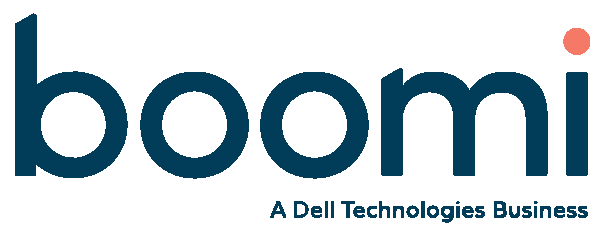
Boomi is the leading integration platform as a service that helps connect applications, data, and devices across on-premises and cloud environments to enable a unified, low-code platform for simplifying integration, data management, and workflow automation. For cloud-to-cloud, cloud-to-on-premises, or hybrid integrations, Boomi offers a scalable solution to meet diverse needs.
Key Features:
- Low-Code Interface: Drag-and-drop design for easy integrations with minimal coding.
- Pre-Built Connectors: Access pre-built connectors for various apps and services.
- Hybrid Integration: Seamlessly integrate with cloud, on-premises and hybrid systems.
Pricing:
Boomi offers customized pricing according to business-specific requirements, for example, depending upon integrations and the data volume. This makes the services flexible enough to be used by small, medium, and big enterprises, with higher starting tier pricing due to its robust feature set.
4. Celigo

Celigo is a cloud integration platform designed to make it easier for businesses to automate processes and connect different applications across various systems. It offers an easily operable interface, using which companies can carry out cloud, as well as on-premises application integration, streamline workflows, and avoid manual data entry.
Key Features:
- Pre-built Integrations: Pre-configured connectors for quick application integration.
- Custom Workflows: Create workflows with minimal coding to meet business needs.
- Real-Time Sync: Maintains seamless real-time data synchronization among various apps.
Pricing:
Celigo’s pricing is tailored to the specific needs of businesses, starting at approximately $600/month for basic integrations. Pricing increases for more advanced features, high-volume usage, or enterprise-level solutions, offering flexibility for businesses of all sizes.
5. Workato
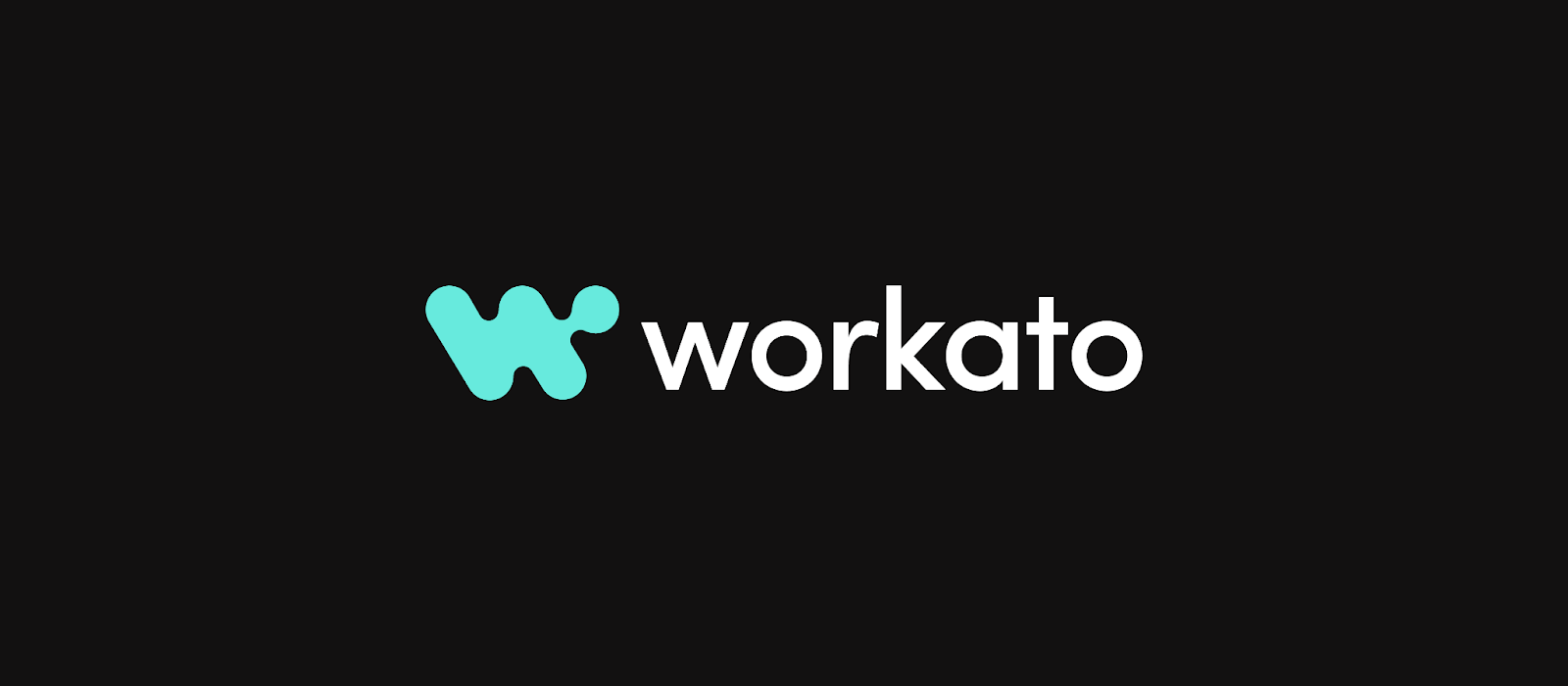
Workato is a leading integration and automation platform that connects applications, automates workflows, and streamlines processes for businesses. It features a no-code interface, which makes it simple to create complex integrations and automation without technical knowledge.
Key Features:
- Real-Time Data Sync: Ensures real-time data synchronization across systems for up-to-date information.
- No-Code Automation: Enables users to build complex workflows without requiring any coding know-how.
- Pre-Built Connectors: Provides a wide range of pre-built connectors for seamless integration.
Pricing:
Workato’s pricing model is based on scale and complexity across the needs of businesses, making it customizable to every business. Pricing starts at around $10,000 per year, depending on factors such as the number of connectors, the complexity of the automation, and transaction volume.
6. Tray.io
Tray.io is a powerful integration platform that helps companies automate their workflows and applications. Users appreciate it for its user-friendly drag-and-drop interface, making it possible for technical and non-technical users alike to build out their custom integrations without writing an extensive amount of code.
Key Features:
- Easy-to-Use Interface: Tray provides users with a low-code, drag-and-drop builder to create custom workflows accessible for people with little technical know-how.
- Automation: Complex workflows are supported with multiple-step logic, conditional triggers, and dynamic data transformations.
- Scalable Integration: Specializes in high-reliability enterprise use cases to integrate thousands of cloud applications and APIs.
Pricing:
Tray.io’s pricing starts at $595 per month for its basic plans and scales up to $2,450 per month, depending on the features and task credits required. Custom pricing is available for enterprise needs with custom-tailored solutions that can be more specialized, such as offering capabilities like the Embedded Integration Bundle.
7. Jitterbit
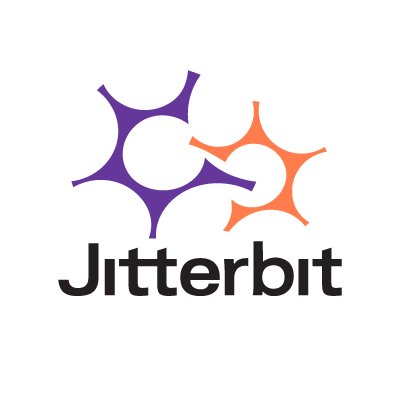
Jitterbit is an enterprise iPaaS integration application that enables applications, data, and systems to be connected through on-premise and cloud environments. This is reportedly accompanied by a low-code interface that is intuitively accessed natively by the business user without demanding strong technical capabilities. Jitterbit allows businesses to automate workflows and synchronize data with speed and efficiency.
Key Features:
- Pre-Built Connectors: Jitterbit offers pre-built connectors for the most frequently used applications such as Salesforce, NetSuite, SAP, and many more.
- Low-Code Integration: It uses its interactive design studio to develop integrations quickly with reduced coding.
- Real-Time Data Processing: It ensures real-time integration and transformation of data to improve workflow automation.
Pricing:
Jitterbit has flexible pricing plans based on various plans created for different business needs:
- Standard Plan: It comprises minimum integration with 2-3 connections and standard tools like Cloud Agents.
- Professional Plan: Advanced features include 5 connections with Studio Visual Designer.
- Enterprise Plan: For large enterprises, it provides 8+ connections with private agents and also the feature of creating a custom API.
8. IBM App Connect
IBM App Connect is a strong integration platform designed to simplify the connection of applications, systems, and data. It is easy to integrate with cross-cloud, on-premise, and hybrid environments and supports a whole variety of integration patterns like API management, event-driven architectures, and ESB(enterprise service bus).
Key Features:
- Pre-built Connectors: Gives ready-to-use integrations with widely used applications, thus reducing the time it takes to deploy.
- Data Mapping & Transformation: Facilitates easy mapping and transformation of data among the systems.
- Event-driven Integration: Supports event-driven triggers for real-time data synchronization between applications.
Pricing:
IBM App Connect has three significant pricing plans:
- Service Flow Runs Edition: Starts from $200 a month and is ideal for the automation of business processes and task-oriented activities.
- Service Runtime Compute Capacity Edition: Prices at $667 per month; has more compute capacity, along with other enhanced features.
- Enterprise Edition: This is priced based on the specific needs of bigger-scale integration.
9. Informatica

Informatica leads in the cloud data management space, offering data integration, quality, and governance solutions. It enables businesses to access, manage, and combine data across a range of systems to make better decisions for digital transformation.
Key Features:
- Cloud Integration: It connects and integrates data between cloud and on-prem environments.
- Data Quality: It ensures clean and accurate data using its cleansing tools.
- Data Governance: It offers lineage and compliance management capabilities.
Pricing:
Informatica has consumption-based flexible pricing for the Intelligent Data Management Cloud. It varies according to the specific services provisioned like data integration, governance, and quality.
10. Snap Logic
SnapLogic is one of the most prominent integration platforms that allows businesses to connect different kinds of applications, data, and devices fast and effortlessly. The integration platform has an intuitive interface with scalable cloud-based architecture and helps the organization automate workflows and smoothing operations, achieving faster time-to-market.
Key Features:
- Connectors: SnapLogic has more than 500 connectors to seamlessly integrate cloud, on-premise, and hybrid systems.
- AI-Powered Automation: The application suggests paths for the most efficient integrations and automates workflows via AI.
- Scalable Cloud Architecture: It supports big data operations by offering an architecture design with SnapLogic on the cloud, one that adjusts to growing volumes of data as well as intricate workflows.
Pricing:
SnapLogic’s pricing plans are flexible and fit every business type:
- Basic Plan – Basic features with minimal connections (2-3) and basic integration tools.
- Professional Plan – More connections (5) and advanced tools like Studio Visual Designer and Connector Builder.
- Enterprise Plan-For business organizations, 8 connections and above, private agents and supports an entire environment for complex integration.
Why Hevo is the Best Mulesoft Competitor and Alternative?
Hevo is one of the best MuleSoft Competitors because of its ease of use, fast implementation, and low-cost pricing. It lets businesses integrate data from any source with little to no technical knowledge. Hevo also makes pipelines seamless with real-time data in one dashboard to monitor and manage the data fluently.
Check out what makes Hevo amazing:
- Fully Managed: Hevo is an entirely automated platform with no need for management and maintenance.
- Data Transformations: Hevo has a simple interface that perfects, modifies, and enriches the data you want to transfer.
- Faster Insight Generation: Hevo offers near real-time data replication, so you have direct access to real-time insight generation and faster decision making.
- Schema Management: Hevo can automatically detect the schema of incoming data and map it to the destination schema.
- Scalable Infrastructure: Hevo has in-built integrations for 150+ sources with 60+ free sources that can help you scale your data infrastructure as required.
- Live Support: Hevo team is always available and ready to extend exceptional support to its customers through chat, email, and support calls.
Conclusion
When it comes to finding the right Mulesoft Competitors & Alternatives it’s important to consider the specific needs of your business. For those seeking simplicity, Zapier offers a user-friendly solution, while Boomi and Celigo excel at handling more complex integration requirements.
Hevo offers a no-code platform and supports real-time data syncing, providing businesses with the ease of achieving powerful data workflow automation, regardless of size. Understanding what kind of features each platform offers allows you to consider business size, budget, and data management needs to choose the best tool for streamlining operations and driving growth.
Try a 14-day free trial and experience the feature-rich Hevo suite firsthand. Also, check out our unbeatable pricing to choose the best plan for your organization.
FAQs
1. Is MuleSoft owned by Microsoft?
No, it is not owned by Microsoft. As a matter of fact, MuleSoft is owned by Salesforce, which acquired MuleSoft in 2018 for $6.5 billion.
2. What is the difference between MuleSoft and Informatica?
With a focus on API-led connectivity and application integration, MuleSoft is considered suitable for cloud and microservices architectures. Informatica specializes in data integration, quality, and governance, offering comprehensive solutions in managing and transforming data.
3. Is MuleSoft built on AWS?
Use RabbitMQ when you have to process tasks asynchronously, decouple services, or ensure messages are reliably delivered in distributed systems. It is particularly very good for architectures with high availability and scalability.

